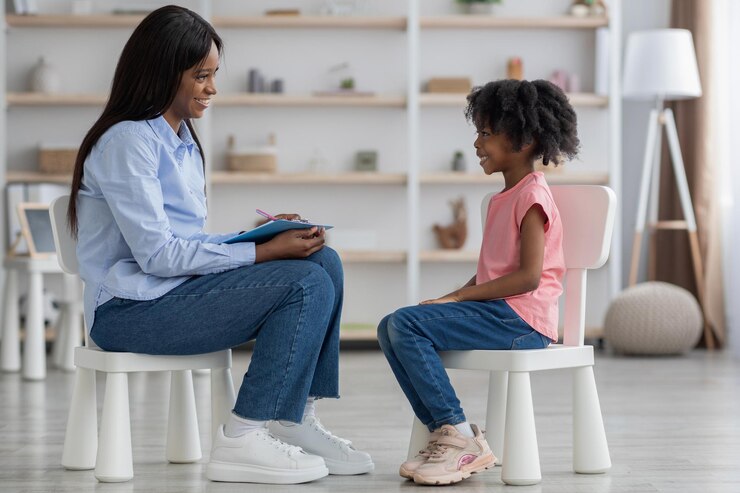Mental health problems are often associated with adults, but children and adolescents can experience the problems in their early stages of development. According to the CDC, one in six children aged 2-8 has a behavioral, mental, or developmental disorder.
Sadly, there’s a high chance that children with mental health problems won’t receive the care or recognition required to help them function effectively. Many parents are oblivious, referring to them as tantrums or feats of anger. It couldn’t be further from the truth.
More children are developing mental health problems early, and knowing the signs goes a long way in providing proper care. Here are signs that your child needs to visit a child psychiatrist.
Unexplained Fear and Sadness
Feeling sad and fearful is normal, especially after traumatic experiences and life transitions. However, when these emotions are excessive, consuming a child’s thoughts, behavior and ability to function normally in daily activities, consider seeking professional help.
Defiant Behavior
Kids with mental health disorders often exhibit behavioral problems inside and outside a home. The child will likely complain, argue, and become defensive at the slightest provocation.
You want to pay attention to such responses, especially if they’re recurrent because it’s a cry for help. Educators and other parents interacting with the child daily are likely to attest to the child’s changes in behavior, too.
Regression
You’ll likely notice your child regressing in some development stages after experiencing drastic life changes like parents getting divorced or getting a new sibling. However, when the regression occurs without a known cause, consider seeking a professional’s help. Children exhibit regression by:
- Throwing temper tantrums
- Excessive anxiety
- Bedwetting
- Excess fear and anxiety
- Regressed speech
Aggressive Behavior
Sometimes the toddler engages in aggressive behavior such as biting, pinching, hitting, or inflicting pain on others. While toddlers are known for such conduct, you must look out when they make aggression a regular part of expressing their emotions.
A child psychiatrist helps them determine why they need to express themselves aggressively. Be sure to address the behavior sooner rather than later.
Social Isolation
Children are incredibly social, so if your toddler or child has been isolating themselves, take a closer look at their emotional well-being. It could be that they’re very sad or anxious, preferring to avoid social settings. This behavior can be worrying especially if the child is normally extroverted.
I despise my life; I would not live forever. Let me alone; my days have no meaning Job 7:16.
Lack of Interest in Normal Activities
Children are always jovial and excited to indulge in the day’s activities. However, when they have a mental health problem, they’re likely to lose interest in everyday activities like sleeping, eating, and playing. If the behavior lingers for over two weeks, consider seeking professional help.
How Does a Child Psychiatrist Help?
Parents often seek the help of counselors when they notice mental health or behavioral problems in their children. While they may help diagnose and treat the problem, it would help to work with professionals trained in helping children with mental health problems.
Child and adolescent psychiatrists or pediatric psychiatrists focus on the biological, psychological, and social aspects of mental health disorders in children. They perform a comprehensive psychiatric evaluation to find out about:
- The problem, its symptoms, and concerns
- The family’s mental health history
- The child’s development
- The child’s general health, treatment plans or medications if unwell
- The child’s friends, school habits, family relationships
- Laboratory examinations like X-rays, blood tests, and special assessments
The psychiatrist may also request to talk to the child’s family doctor, teachers, relatives, and other close individuals to understand the condition better. Then, they will make a diagnosis and prescribe treatment.
The Bottom Line
A child’s mental, behavioral, and emotional well-being is as important as physical health. As such, parents must be on the lookout for signs of cognitive or behavioral problems and seek help immediately. They should consider seeking help from professionals trained in child psychiatry as they are well-versed in mental health problems affecting children.







